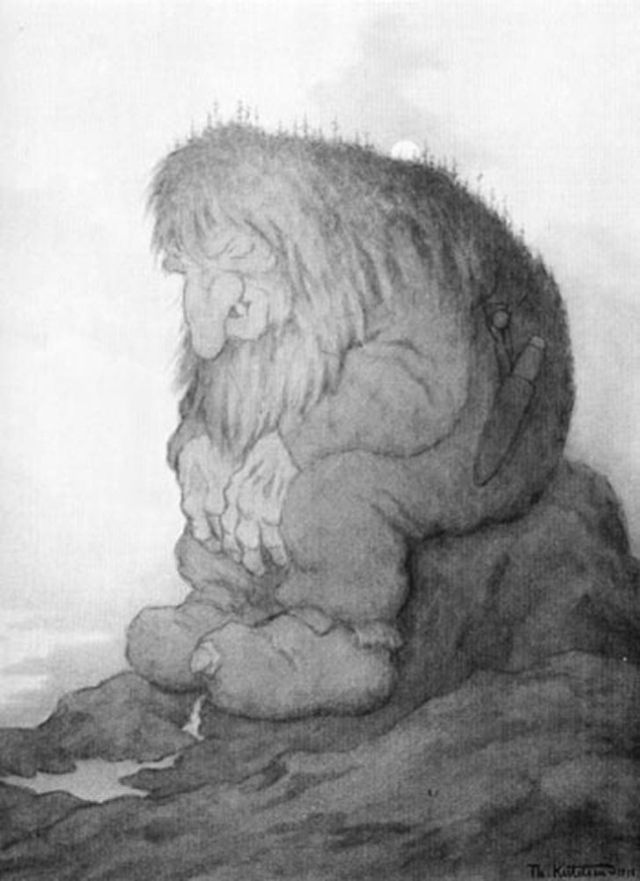
Religion of the Self
I think of an essay Vito Mancuso published on 13 June last year, a day after the death of Silvio Berlusconi. Mancuso reflected not so much on the man as on the phenomenon he embodied, il berlusconismo, instantiating a global tendency that puts ‘the primacy of personal success before any kind of outreach to others, establishes applause as the measure of anything’s value and transforms citizens into spectators.’ The piece goes on: ‘You see, in earlier times one could imagine the transcendent in various ways: in the classical sense of Catholicism and other religions; in the socialist and communist sense of a classless, finally just society; in the liberal, republican sense of an ethical state like the Prussian one lauded by Hegel; in the sense of right, incorruptible personal conscience as in Kant’s moral philosophy; and in many other ways besides. All of them, though, have this in common: the conviction that something exists that is more important than the self, before which the self must quieten itself and serve. From the beginning of mankind, the concept of God has stood, exactly, for the vital sense according to which there is something more important than my self, my power, my pleasure […]. The triumph of berlusconismo represents the breakdown of this spiritual and moral tension. In as much as it constitutes a religion of the self, it proclaims the opposite: nothing matters more than me.’ Where this tendency is prevalent, what chance has any meaningful notion of society or of the common good?
